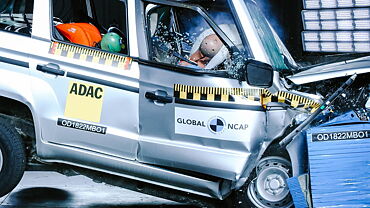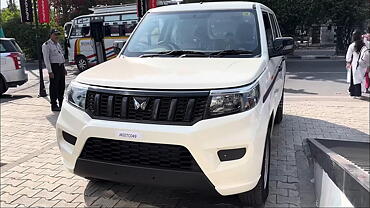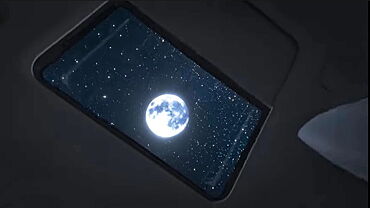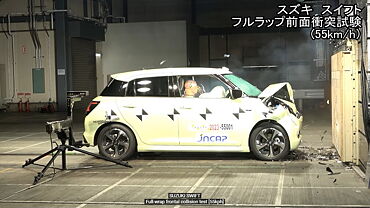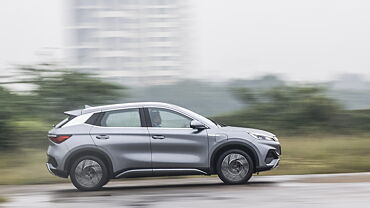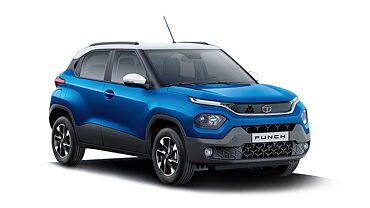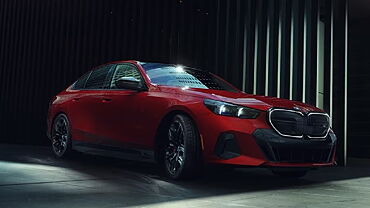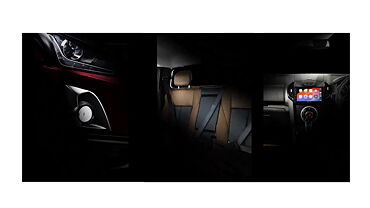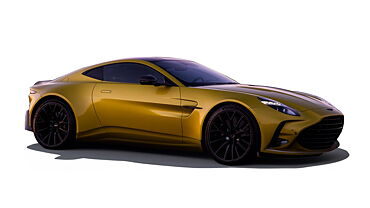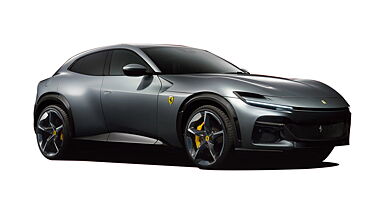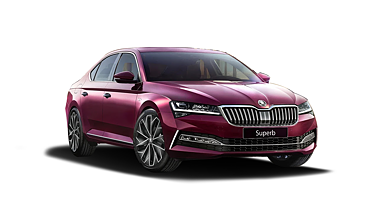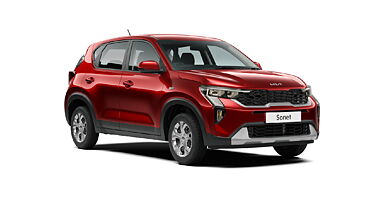The Hyundai Motors’ next generation fuel cell SUV was showcased in its pre-production guise at a special event in Seoul, South Korea. The unnamed SUV previews the design of the production hydrogen fuel SUV which will be launched early next year.
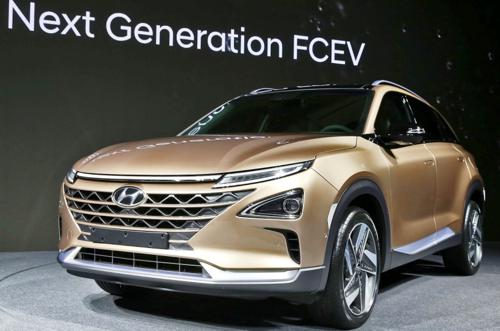
The fuel cell seen in the upcoming SUV will replace the current generation powertrain used in the ix35 Fuel Cell (Tucson Fuel Cell in some markets). The Korean carmaker says that the new fuel cell technology has an efficiency level of 60 per cent, which is an increase of nine per cent as compared to the ix35’s 55.3%. With this fuel cell powertrain, the SUV can now boast of 163 bhp power. The new architecture will also allow a range of 580 kilometres on a single charge (based on Korean testing standards) as claimed by the carmaker.
The SUV is based on the FE Fuel Cell Concept which was showcased at the 2017 Geneva Motor Show. According to Hyundai, the reworked architecture allows for cold starting in -30 degree Celsius. Use of enhanced components such as MEA (membrane electrode assembly) and bipolar plates have also helped in reducing production costs. The hydrogen storage is improved with tank storage density. Now there are three equally-sized tanks instead of two different sized ones. The thickness of the tank is also reduced due to the new plastic liner patterns, thus reducing the overall weight. This SUV will be mass produced and will also pack many more features which will be revealed at the next year’s Consumer Electronic Show.
This SUV is a part of Hyundai’s new eco-vehicle development roadmap to introduce 31 eco-friendly models to the global markets by 2020. The new eco-vehicle development roadmap of the carmaker intends to have a future vehicle line-up comprising of a variety of powertrain options - electric, hybrid and fuel cell - to suit customers’ varied lifestyles. Another part of the plan is to develop 4WD and front engine rear wheel drive variants, based on the Transmission-Mounted Electrical Device (TMED) system, developed in 2011.
Hyundai Motor’s electric vehicle development will take place in multiple phases. The carmaker will launch the electric version of the recently introduced Kona crossover, with a promised range of 390 km, as early as 2018. The Genesis sub-brand will go electric by 2021. At the same time, Hyundai will develop a long range battery pack for a 500-kilometre range. Furthermore, Hyundai Motors will develop its first dedicated and scalable architecture for pure electric vehicles. Hyundai Motors has also promised to unveil a new hydrogen-powered bus in the fourth quarter of this year.



